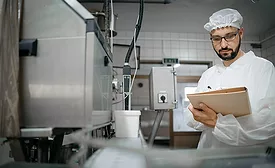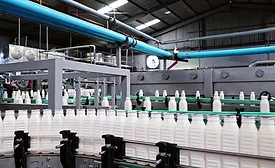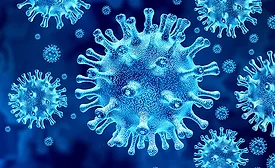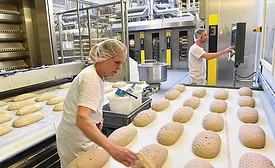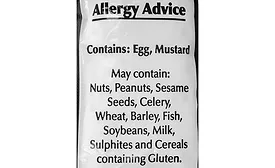Home » Keywords: » preventive controls
Items Tagged with 'preventive controls'
ARTICLES
Supplier preventive controls are a key element of food safety assurance in the end-to-end supply chain of food manufacturing to retail foodservice and sales
Read More
Food Safety Objectives: The Nexus among Preventive Controls, Validation, and Food Safety Assurance
The Food Safety Objective concept is compatible with the foundational precepts of process validation
February 6, 2023
Dairy HACCP Through the Years
The dairy industry has seen many regulatory changes, including the incorporation of the FSMA Preventive Controls Rule within the Pasteurized Milk Ordinance
October 11, 2022
Food Safety
Do third-party audits need a revision?
Food and beverage companies often view audits as something to pass instead of necessary improvement tools
September 29, 2020
Food Safety
How processors are adapting to FSMA in its early years
What food and beverage manufacturers need to know to stay in compliance
September 1, 2020
Food Safety
How to manage food labels to ensure allergens are clearly noted on any product
Use of the wrong package or label is one of the most common causes of allergen recalls
August 4, 2020
Food Safety
FDA moves to in-depth analysis after romaine field tests didn’t find outbreak strains
'Root-cause' investigation will help determine needed preventive controls
January 21, 2020
Never miss the latest news and trends driving the food safety industry
Newsletters | Website | eMagazine
JOIN TODAY!Copyright ©2026. All Rights Reserved BNP Media.
Design, CMS, Hosting & Web Development :: ePublishing

